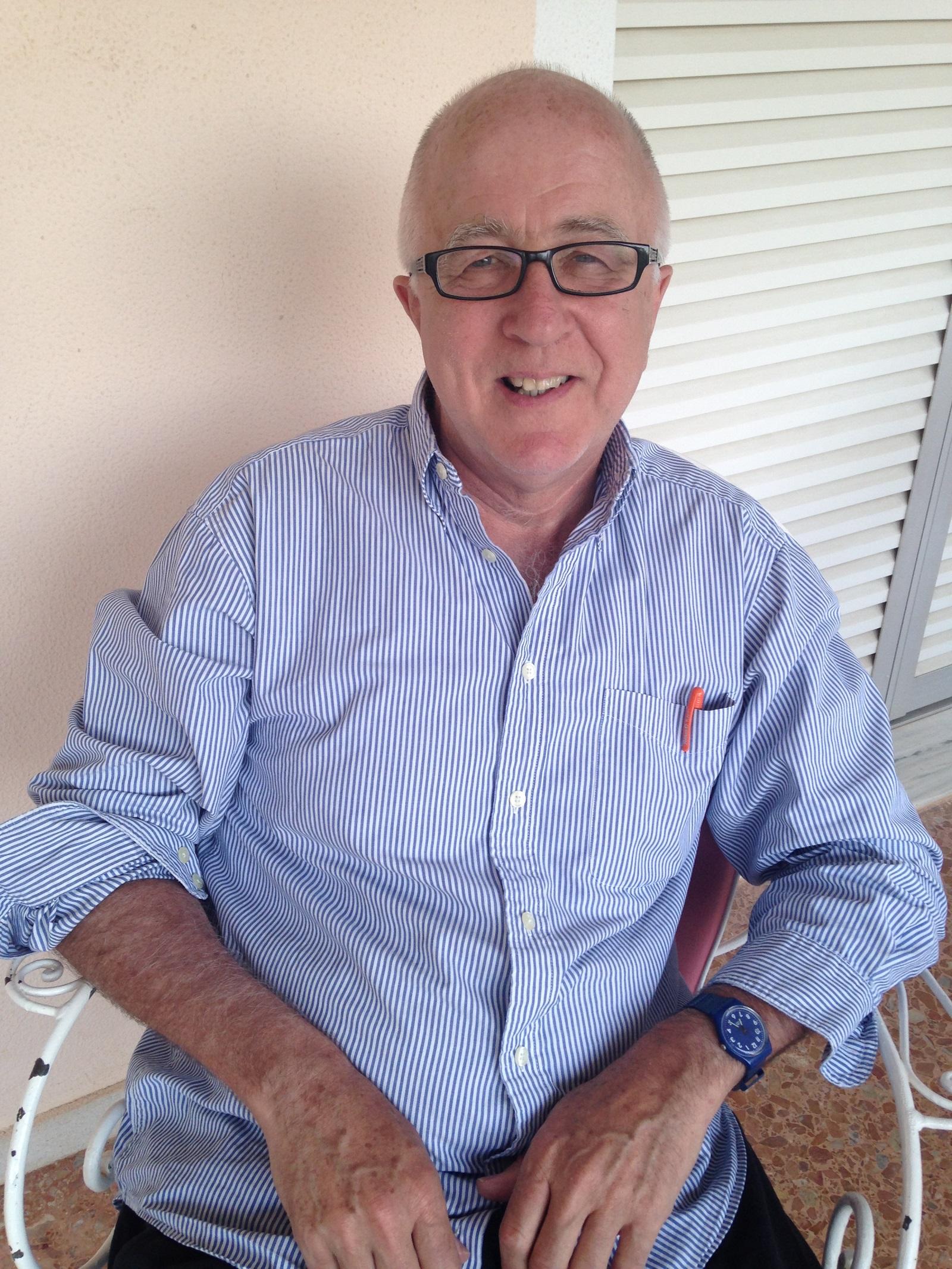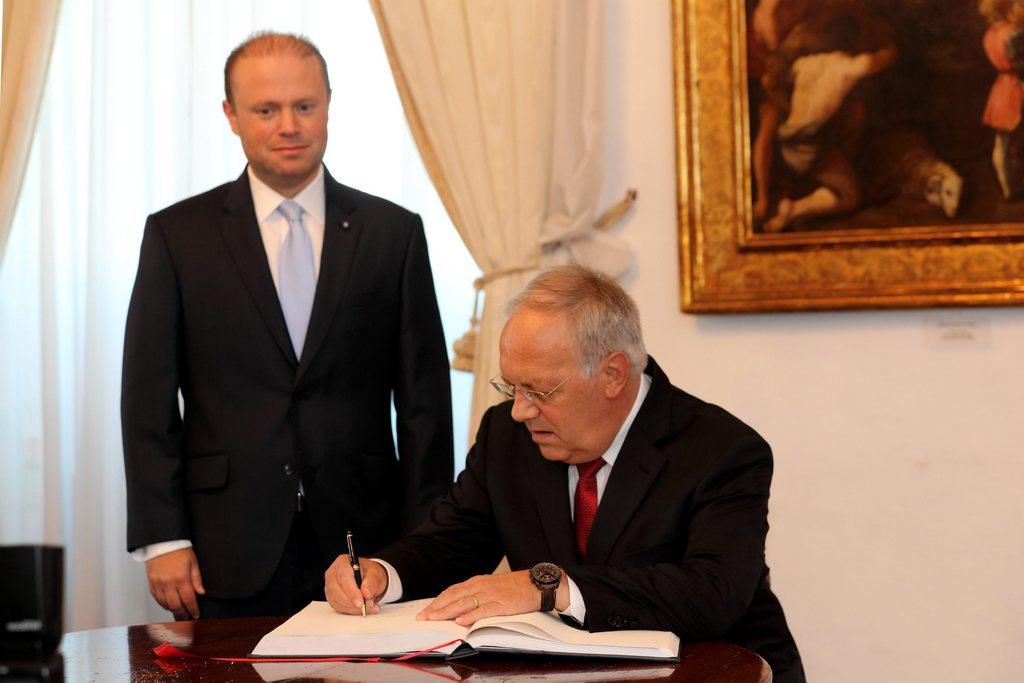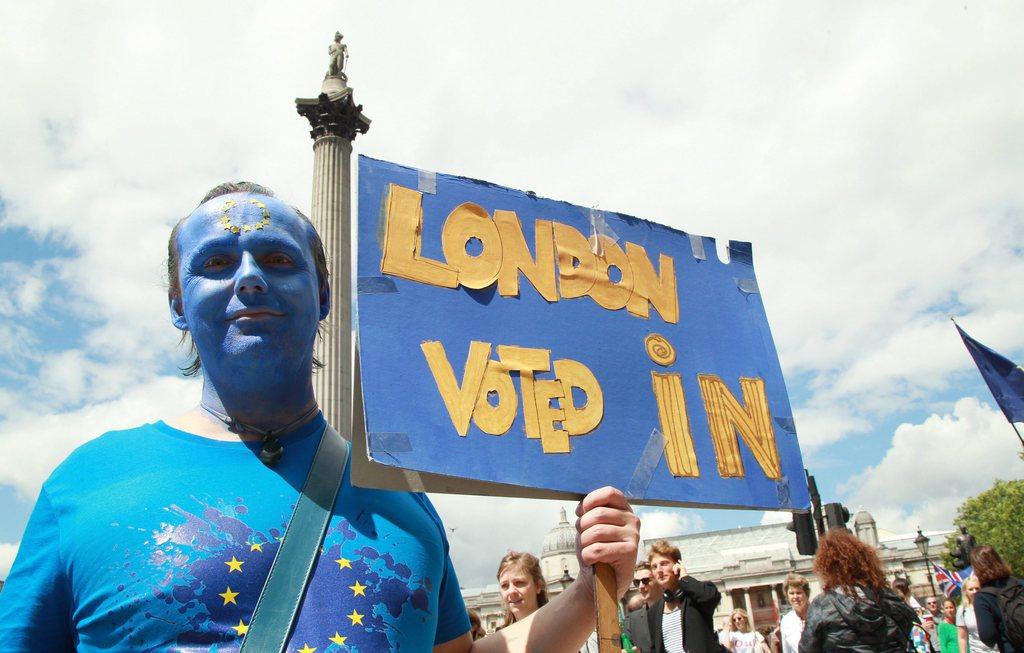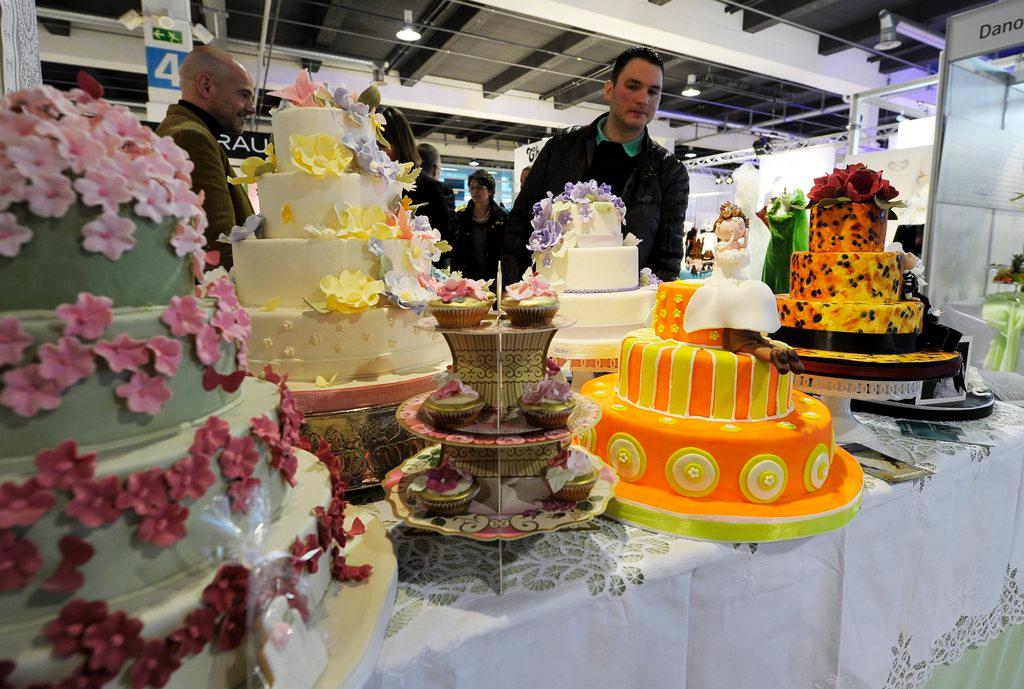Brexit delivers blow to Swiss EU hopes
Imitation may be the most sincere form of flattery. But it is doubtful if anyone in Switzerland is thanking the City and big bank spin doctors who have come up with the idea that London should seek a Swiss-style relationship with Europe once Brexit is fully consummated.
The reason Swiss banks and finance firms are so well entrenched in the City is precisely because the UK is in the EU and Switzerland is not.
It has taken Switzerland more than 20 years to negotiate around 100 separate bilateral agreements with Brussels…so the UK’s key Brexit negotiators, like David Davis and Liam Fox, will be staggering into meetings on walking frames well before they manage to draw up satisfactory deals for the UK’s 65-million strong population, compared to the eight million who live in Switzerland.

Switzerland has four land frontiers with EU member states, has three official European languages, and allows every town, city and canton to vote by referendum on every issue under the sun. There are always two Socialists in the seven-strong Swiss federal cabinet and the unofficial Swiss motto is “Whatever is not forbidden is compulsory.”
The very un-English obsession with compromise, consensus, and caution makes sense for a small nation where half the population cannot understand what the other half is saying. Many German-speaking Swiss speak French, but to find a French-speaking Swiss who can understand Schweizerdeutsch is a rarity.
The Swiss adore our royal family and gaze in wonder at the highly-centralised Whitehall state machine, and the quaint English idea that just one party should have supreme power in government. But the British way of politics would not last five seconds in Switzerland.
Nor is there an off-the-shelf Swiss EU model that the City can adopt. In the 1980s, when I worked in Geneva and the Single European Act and Treaty of Maastricht came into force, many Swiss friends were frantically hunting down a French or Italian or Iberian relative, so they could get EU nationality and a passport in order to take advantage of the right to live and work anywhere in the EU which the British voted against in June.
The Swiss voted in a referendum in 1992 against joining the European Economic Area, so cannot join Norway and Lichtenstein as quasi-members of the EU.
When I was at the FCO under Tony Blair, I got the rules at UK airports changed, so that the Swiss could enter in the same channel as EU citizens instead of waiting in line with Nigerians, Pakistanis, Indians and Americans.
Fateful February
The EU, with British prodding, has always tried to accommodate the Swiss. But in February 2014, the Swiss voted against allowing EU citizens free movement into Switzerland. The move was initiated by the anti-EU Swiss People’s Party who covered the country with posters showing hordes of African- and Arab-looking people “invading” Switzerland.
In fact, 27% of the Swiss population is foreign-born and hundreds of thousands of Italians, Spaniards, Portuguese and East Europeans have helped grow Switzerland into the richest democracy in Europe.
Brussels reacted negatively to the unilateral and highly xenophobic anti-EU Swiss referendum and told Bern that relations with the EU were two-way. If the Swiss rejected Europeans, then the EU would look again at the scores of bilateral deals that allow Swiss firms to trade profitably with their neighbours.
A deal was cooked up which might have satisfied Brussels, but then Brexit happened and the Swiss Parliament and Federal Cabinet have a nightmare autumn ahead as they try and square their referendum decision to stop free movement from Europe with the clear economic interests of just about every sector of the Swiss economy to maximise Single Market access where possible.
The dilemma for Mrs Merkel and for Brussels is that if they accept the Swiss, they can cherry pick which bits of the EU they like, playing into the hands of Marine Le Pen in France, Germany’s Frauke Petry who heads the anti-EU Alternative für Deutschland, and other politicians who want to bust up the EU.
So the Swiss are caught between an Alpine rock after their populist plebiscite, and the hard place of not wanting to lose any access to the profitable EU market, where the multilingual country is so at home.
As they work on their EU dossier with some of the most skilled trade and other diplomatic negotiators in the world, the last thing the Swiss want or need is to be mixed up with the City’s dilemma over Brexit, and the fears that a large chunk of UK banking business now has a question mark over its future if the Brexit vote is translated into full, complete rupture with the other 30 EU and EEA economies.
This article first appeared on EurActive.comExternal link. The views expressed in this article are solely those of the author, and do not necessarily reflect the views of swissinfo.ch.
Opinion series
swissinfo.ch publishes op-ed articles by contributors writing on a wide range of topics – Swiss issues or those that impact Switzerland. The selection of articles presents a diversity of opinions designed to enrich the debate on the issues discussed.

In compliance with the JTI standards
More: SWI swissinfo.ch certified by the Journalism Trust Initiative





You can find an overview of ongoing debates with our journalists here. Please join us!
If you want to start a conversation about a topic raised in this article or want to report factual errors, email us at english@swissinfo.ch.